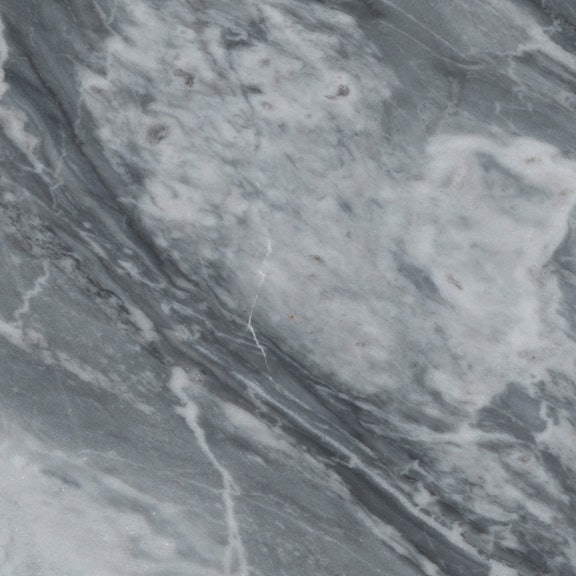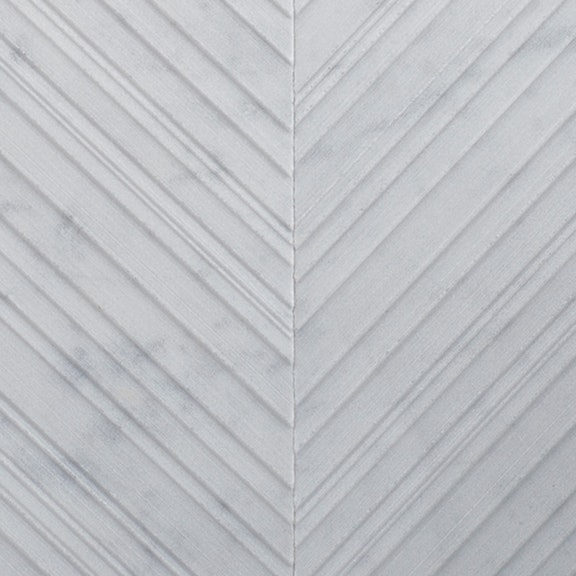The 4 key rules for looking after natural stone
03.2022
In order to maintain its original splendour, natural stone requires only a few but important precautions: let's explore which ones
How to maintain natural stone
Natural stone, as beautiful and tough as it may be, is also somewhat fragile. While it defies the barriers of time and is extraordinarily durable, it requires a certain level of TLC to ensure it retains its original splendour. If you neglect a regular cleaning routine, you risk seriously compromising the quality and appearance of your gorgeous natural stone floor, walls, worktop or furniture.
When you choose marble, limestone or almost any other type of stone, your exquisite taste is most definitely not in question, but you should be aware that, like any precious object, it needs to be looked after.
The good news is that cleaning and maintaining natural stone is not particularly arduous or complex, as long as you follow some basic guidelines.
We share the 4 key rules for looking after natural stone and ensuring it is as beautiful in years to come as when you purchased it.
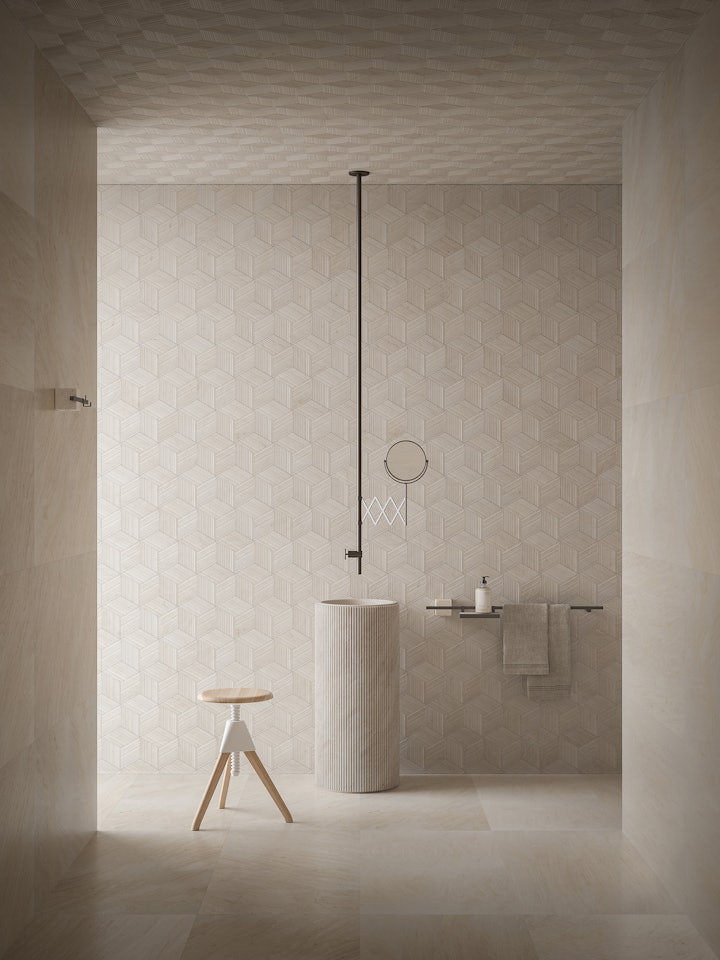
Clean regularly and use suitable products
The first cardinal rule is that you should absolutely avoid aggressive soaps and detergents and anything with an acidic base because they will do more harm than good.
You should always opt for neutral cleaning products such as normal soap or, if you prefer a more specific detergent, we suggest the Fila range. In this case, we would remind you to always follow the instructions provided, particularly when it comes to dilution ratios, and not to be tempted to use more product than recommended.
It’s also important to understand the type of water your home has as this will affect the effectiveness of any cleaning product you use. Hard water tends to diminish the detersive power of a product, so in this case, you may need to make a stronger solution, but again, keeping within the guidelines provided by the manufacturer.
The other key rule is to clean stone surfaces regularly so that stains, limescale and mould don’t become engrained as that’s when they become difficult to remove. If you do find that you’ve neglected your daily cleaning routine, however, you may need to engage in a spot of enhanced maintenance. In this case, we would recommend Fila PS87 Pro which is suitable for all types of stone and is effective at removing most stubborn stains.
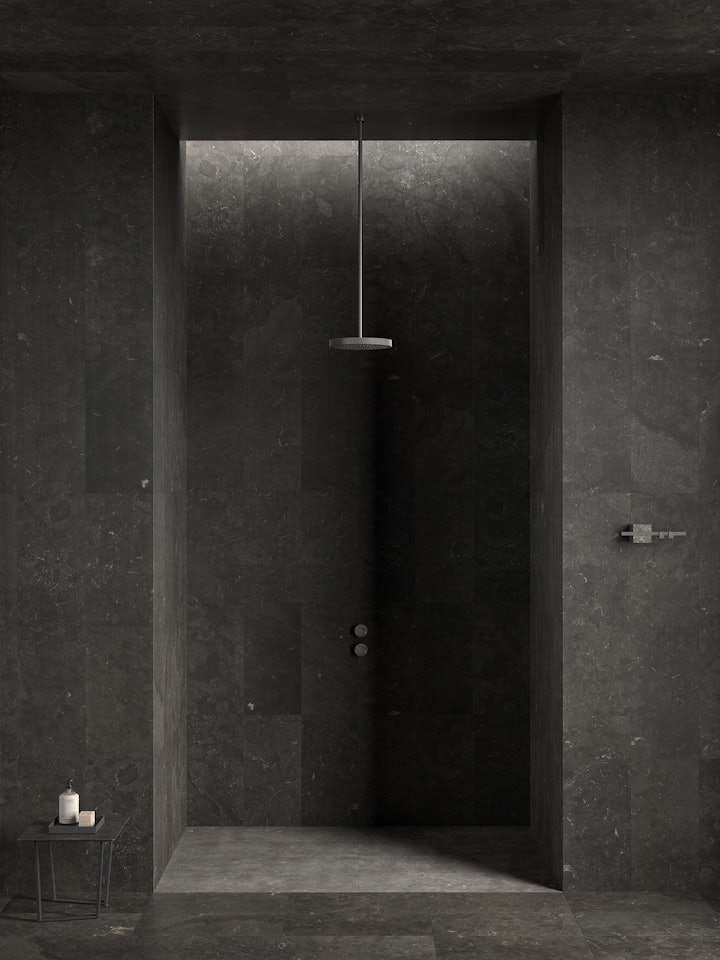
Prevention is better than cure
A natural stone washbasin, sink, shower tray or bathtub is an incredibly special item that can transform a bathroom or kitchen. The Balnea freestanding basin or Anima bathtub, for example, are designer pieces that will last for decades, if not longer, but like any sanitaryware, they constantly exposed to water.
The villain here is limescale. If it is left to build up, it becomes extremely hard to shift, but worse than that, it creates blemishes on the surface of the stone. The answer is simply to clean any surface that is exposed to frequent water after use, checking that there is also no residue of soap, shampoo or any other similar products.
A practical solution to reducing the presence of limescale is to install a water softener and this will have other benefits beyond protecting your stone as it will improve the performance and durability of appliances such as washing machines and dishwashers.
One final word of advice on the subject of limescale. It’s important to remember that limescale removers should never be used on natural stone as they will cause unsightly marks that will mar it for ever.
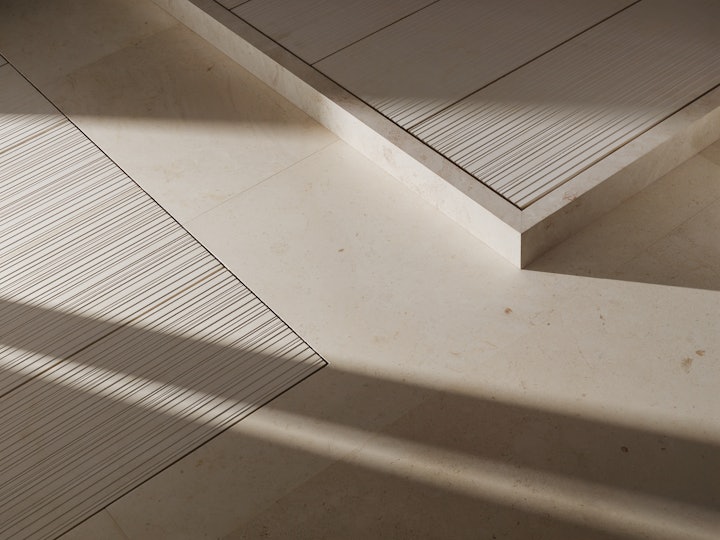
The “sooner rather than later” approach to cleaning
When talking about any material, but particularly one as precious as natural stone, there is a universal rule that should always be kept in mind. That rule is to clean up any spills as soon as possible.
All finished items that leave our premises are treated with three coats of a water-and-oil repellent, and we recommend any tiles laid are protected with a similar treatment. However, there is no product in existence that can completely protect stone from staining. What the product we use does is to act as a barrier on the surface, to slow down the absorption of any substance. Essentially, it buys you a couple of hours so that oil, wine, coffee and the like don’t seep down into the stone immediately and become stains.
That said it is always advisable to wipe off any spills immediately and all you will generally need is a damp soft cloth.

Avoid direct heat and abrasive brushes
As we keep saying, natural stone is incredibly tough, but it doesn’t particularly like direct heat, and this includes pots and pans straight from the oven or hob. For this reason, we would recommend placing such objects on a trivet or cutting board, rather than directly on your lovely marble worktop or table.
In the same way that fire is not a friend of natural stone, abrasive brushes such as steel wool pads can also cause damage, in this case scratches on the surface.
So, that’s it! Now you know the 4 basic rules for cleaning and looking after natural stone. If you follow these, you can be confident that you will have the pleasure of using and enjoying your products for many years to come, whether it is one of our textures, such as Ishiburo, Plissé or Stone Parquet, or a beautiful item of Made in Italy furniture such as an Adda modular drawer or Dritto coffee table.
If you would like to know more about any of our products, whether it is design, cleaning or care advice, please get in touch. We will be delighted to help.




